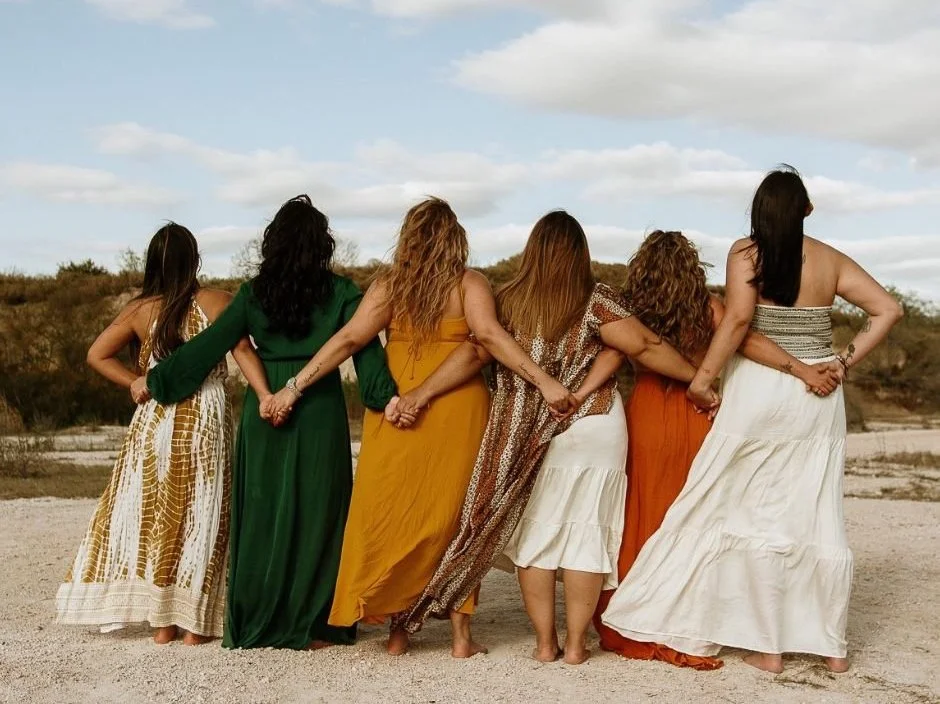Photo: Louise Gripenberg
I am continuing with my series on how to learn more about sustainability and how to educate yourself on the topic. In recent posts I mentioned some of my favourite programs from the Swedish public radio and other ways to keep yourself updated.
This post is all about the podcasts. The podcast jungle has grown huge the last few years (while the real ones we are more dependent on have not). It can be hard to navigate and honestly, I am not big fan of podcast if I am not convinced I will learn something new (which I cannot know if I do not listen of course).
Here is a list of the ones related to sustainability I believe you should follow. Some I am listening to frequently and some have been recommended by others:
English:
Faces of Food - by Eat Foundation on how to transform food systems for people and the planet, available on Spotify.
Take Action Talks - some episodes in English but most in Swedish. Interviews with specialists and people engaged in different sustainability topics.
Podship Earth - Jared Blumenfeld are one of the leading environmentalists in the U.S.A and have worked for Barack Obama.. worth listening to, available on Spotify.
Green Dreamer - the podcast and multimedia journal illuminating our paths to ecological regeneration, intersectional sustainability, and true abundance and wellness for all. Available on Spotify.
Swedish (all available on Spotify):
Tillväxtparadigmet - by Hannes Anagrius about economic growth and systems and how it relates to sustainability.
Miljöpodden - by Ahmed Al-Qassam & Fanny Jönsson on topics related to environmental science such as climate change and renewable energy.
Hållklarhetspodden - by Food Pharmacy on how to live a more sustainable life.
Slow Fashion - by Johanna Nilsson about sustainable fashion.
Hållbarhetsprofil podcast - by Amanda Borneke. She’s having conversations with inspiring people in the field of sustainability.
Solcellskollens podcast - by Solcellskollen on renewable energy.
#Vi är maträddarna - en hållbarhetspodcast - by Dumpsterdivan on food waste, dumpster diving, environment and sustainability.
Vägen Mot Paradiset - by Johannes Cullberg, the entrepreneur and founder of the food chain Paradiset. He is having conversation with scientists, leaders and athletes on sustainability and food.
Steg för Steg - Inspiration för en hållbar livsstil - By Sustainability Influencers (founded by Tess Waltenburg). A podcast with interviews of inspiring people and influencer about sustainable living.
Fanny och Ila- Hållbar livsstil och holistisk hälsa - By Fanny and Ila (Morotsliv) about sustainable lifestyle and holistic health. No pointers, close to laughter!
I would love to get your tips on podcasts related to sustainable development, especially from other countries and in english! Please, send me an e-mail.








